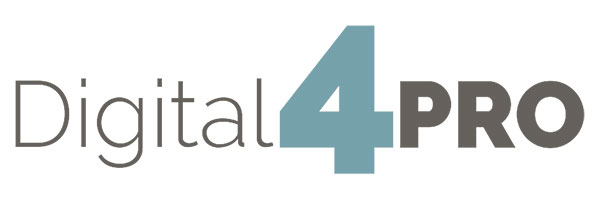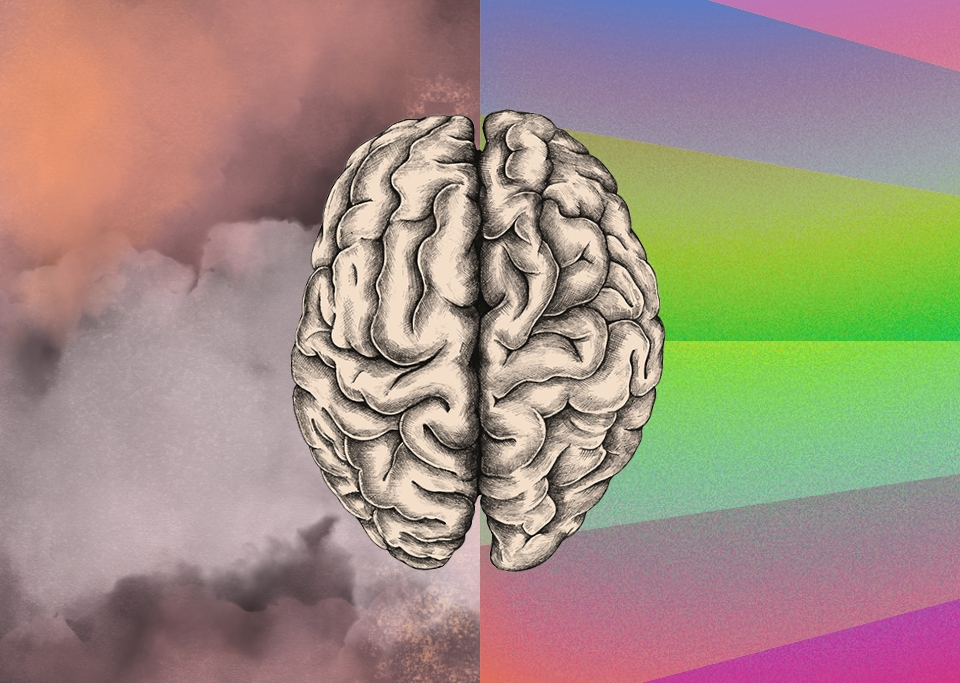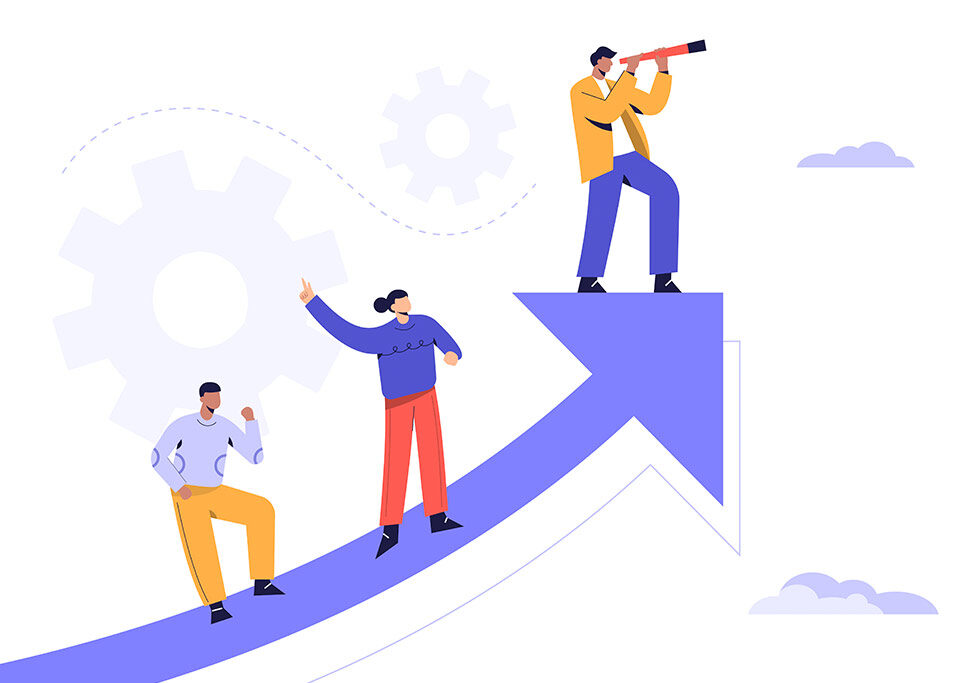- Mail:
- info@digital4pro.com
Why does it still make sense to be interrogated on working manners?

Perché ha ancora senso interrogarsi sui modi di lavorare?
3 Marzo 2020
Social engineering: il Phishing
10 Marzo 2020Because through work we can better understand ourselves in relation to others and because much of the common sense that defined this phenomenon is in crisis due to the changes taking place in history and technology.
So, dear reader, if you have the patience to follow me I will try to tell you what’s happening, in my opinion.
Since the eighteenth century, work has been at the center of western modernity. This, in turn, has defined it by making it an instrument of social development and object of obsession towards technology.
This relationship is testified by the splendid pages of the Encyclopédie of Diderot and D’Alambert, which describe the environment of work as a place of personal growth and equality, or of the Candide of Voltaire, which link work to the satisfaction of our needs, both material as well as moral; but also from the fears we find expressed in two masterpieces of cinema, so distant but yet so close, like Metropolis and Modern Times; or from the epic of songs like Working Class Hero.
Today, although the idea of modernity seems to have exhausted its driving force as a result of commercial crises, concern for the climate and the “ease” of technology, work is still a social interface, but without the ideological certainties of a time.
Perhaps for this reason, the work maintains a clear presence on the social scene by leaving the factories and offices and entering even more into our lives through digital technologies.
At the center of this scene we don’t have us but information, which places us “in-betweenness”, that is, in the midst of multiple things in space-time. Today «to be is to be interactive, even if what we interact with is only transitory and virtual» … «we are accepting the idea of not being the only and only Robinson Crusoe on an island but forges, information bodies mutually connected in an environment ( info-sphere) that we share with other organisms, both natural and artificial, which process information logically and autonomously “. We are simply the pins that spin the ball inside the pinball; each is a “unique” in a multitude of “unique”, immersed in the network, with its own network, and every time it touches information it is shot towards all the contacts of the personal network which, in turn, will turn it over, in an instant, to all their connections.
If we widen the visually of our perspective, we see that this transformation occurs simultaneously with the increased importance of externalities in productive activities as if the social system as a whole was expanding the extension of its interests beyond the boundaries of primary needs. In fact, work is now beyond the dimension of the mere production of objects and services and those who work have the ambitious goal of satisfying their tension to make experiences consistent with their aspirations: experiences where different aspects of life can be acted to the meanings that convey and from which we derive our identity thus making them inseparable from us over time.
This aspiration cannot fail to change the way we work: by now we constantly bring our private life into our work environment. That “Fordist” barrier whereby each of us at any given moment was either a worker or was a father, or was a father or was a person who was having fun, no longer exists, and all of us, who have become “information bodies” mutually connected ”when we arrive at the office, we are also continuing to maintain the entire flow of communication with our lives, with the consequence that our skills, which were once divided between professional and other non-professional ones, are totally mixed in a personal knowing how to live, at the same time constant and changeable, which is no longer classifiable with the twentieth century categories, but which has not yet elaborated or found a universal from which to be told and receive meaning.
What effects does this have? It means that we (important: it is not relevant to which generation we belong) even more than before feel the need to be well at work. Therefore, we are actively becoming people who try to adapt reality, even the working one, so that it is as close as possible to our well-being. I like to define this phenomenon with the idea of being “process hackers”, that is, people who are ready to fully understand the mechanisms of their work system and, if necessary, modify them to satisfy their uniqueness2.
Consequently, the situation is a complex one and many declare themselves convinced that the solution is to encourage collaboration; however, most of them still work in hierarchical, contrasting structures, often unaware of their footprint and the effects of it.
All this may or may not generate a social conflict, but it certainly continues to bring about changes in the organizations and places that host them, especially large urban centers, which as attractors of the flows of demand and supply of work are crossed by a push for transformation and the redevelopment of the ways in which we will inhabit them as our active life is extended.
Faced with all this, I ask you if in your opinion you are realizing or at least planning an extension of working life that is sustainable without making us feel like camels called to go through the eye of the needle of the way of work. Since the eighteenth century, work has been at the center of modernity; today, the end of it makes us give to the work a function more connected to the way of being of the individual (once we would have said less alienating), who, freed from the imperatives of modernism, can carry out his work as one of the social interfaces at your service.
This rediscovered “personal” dimension calls the attention to the word “work”, which recalls the dimensions of fatigue, sacrifice, and deprivation.
Meanings that really seem not suitable to indicate, and more importantly, activate the energy necessary for the long-lived contemporary individual to contribute to the creation of wealth and well-being for himself and his community, in harmony with the ecosystem that hosts him. It is no coincidence, perhaps, that phrases such as “smart work”, “flexible work” or “agile working” gain space, which signal the deconstructing of the past and certify, with their diffusion in everyday speech, that a transformation of the work is underway it is better to follow closely because it affects us whatever our relationship with it.
Dear reader, thank you for following me so far, where you will soon be able to read the insights of these reflections.
1 Luciano Floridi, «The fourth revolution – How the infosphere is reshaping human reality».
2 Lo hacking di processo non va confuso con il job crafting (v. p.e. http://positiveorgs.bus.umich.edu/wp-content/uploads/What-is-Job-Crafting-and-Why-Does-it-Matter1.pdf) con il quale condivide solo la proattività del lavoratore.
3 https://en.wikipedia.org/wiki/Tripalium




